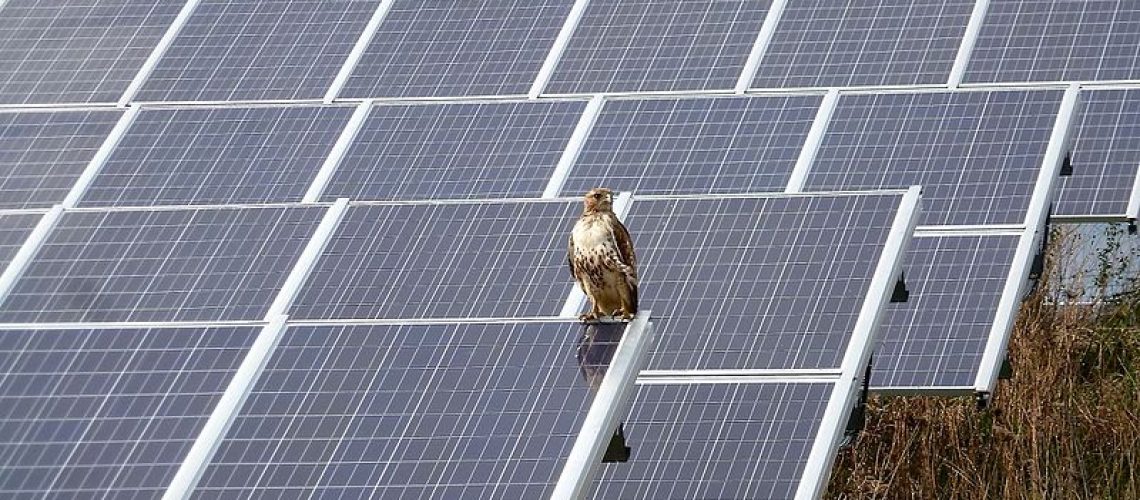Community solar projects are non-utility owned assets that allow customers to subscribe to a portion of the project’s electricity generation capacity in exchange for bill credits.
A pair of bills that would establish rules for a community solar market are working their way through the Michigan legislature. If passed, Senate bills 152 and 153 of 2023 would enable customers to subscribe to off-site solar facilities, paying a monthly rate for electricity generated by the project in exchange for offsets on their utility bills.
The legislation would require all customer classes to have access to community solar subscriptions, and it would contain a carve-out that ensures at least 30% of the electricity produced is serving low-income households or low-income service organizations.
The bill would also provide for the transferability and portability of subscriptions, including a subscriber’s retention of a subscription to a community solar facility if the subscriber moves within the same electric provider’s service territory.
Senator Ed McBroom, a Republican serving Waucedah Township, said the legislation would allow Michigan residents to “escape the ever-increasing rates” from electricity providers.
“As we’ve shackled our residents to fossil fuels and a limited system that requires them to go through providers, the rates have just gone up and up and up and up and up,” said Senator Jeff Irwin (D–Ann Arbor).
Michigan’s electric utilities have opposed the bill.
“Unfortunately, this legislation completely misses the mark while putting Michigan’s clean energy transformation at risk and raising costs for everyone,” said Tracy Wimmer, a spokesperson for utility Consumers Energy.
Consumers Energy has its own internal “community” solar program that is utility owned and managed. The proposed solar legislation would destroy its monopoly control of the market.
The need for non-utility-run community solar projects has more implications than fighting a monopoly and securing rates. It will also enable Michigan to access federal funds as part of the $7 billion Solar For All program, which requires community solar projects to be owned independently from utilities for program eligibility.
(Read: “Calculating potential impact of EPA’s $7 billion Solar for All program”)
“Without a community solar enabling policy here in Michigan that allows independently owned projects, we will be leaving a key policy lever off the table on our ability to take full advantage of the Solar for All funding and provide the energy cost-saving benefits to residents that true community solar provides,” said Tim Minotas, deputy legislative director, Sierra Club Michigan.
Track the bills’ progress for Senate Bill 152 and 153.



